When he was fourteen years old, Kim Gwang Ho, along with his father, sister, and two of his three brothers, fled to the South to escape the atrocities of the Korean War. Leaving behind his mother and 11-year-old brother in his North Korean hometown of Myongchon, the escape was originally meant to be temporary. Unfortunately, neither he nor his family members were never able to return home.
In the sixty eight years that have passed since, Mr. Kim has seen his brother only three times. Most recently, this past August 20-22. Now 82, Mr. Kim went to Keumgang Mountain, a North Korean resort town that sits on the border with the South, as one of the lucky few selected for an arranged reunion between the families separated by the Korean War. He had waited for this trip after more than thirteen years of pleading his case with the Red Cross.
When they have met, most of the time is spent exchanging information on family members of both sides. The meetings are also opportunities for Mr. Kim to resolve his brother’s misunderstanding about the family’s departure. When he first he heard his brother say “Father, three brothers and sister abandoned me and fled,” he was taken aback but ultimately thankful for the chance to explain their intentions at the time.
The time at reunions, however, is not enough to compensate their lost decades. “I would have given Choco Pie to him,” Mr. Kim said, referring to a popular South Korean snack, “but I couldn’t,” he mentioned, lamenting the short meeting. “Let’s live another ten years more,” Mr. Kim told his brother before his return to the South, hoping for another opportunity to see him.
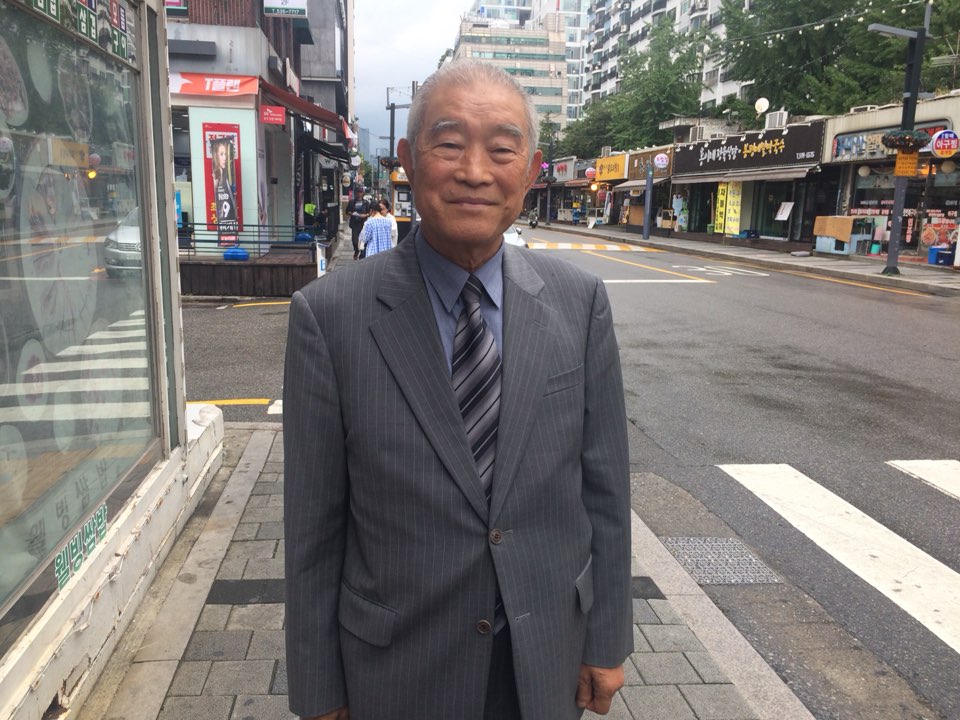
Kim Gwang Ho. Photo owned by author
Mr. Kim is not alone in facing hardships when it comes to meeting family members in North Korea.
Someone else who shares the pain of being separated from her family is Ms. Kim Ryen Hui. After complicated circumstances led her to South Korea in 2011, she wants to return to the North to see her family. When this author accompanied a journalist as an interpreter for an interview, she gave me her card presenting herself as a “citizen of Pyongyang.” During her seven-year stay in the South, she has been trying to find a way to go back, but with no luck. Her story has made international headlines. When asked about her husband and daughter, Ri Gyon Gum, she burst into tears, saying “Although people on the earth have different skin colors and languages, everyone has parents and children. I would like to appeal to the world’s conscience and human rights to be interested in this issue so that I could go back to my daughter and parents’ side.”
On our way to send her off for her next interview, she added, “I can understand how parents of North Korean restaurant workers feel because they are also around my daughter’s age.” The North Korean restaurant workers she mentioned have maintained that they were forced to come to the South in 2016. The South Korean government denied the allegation, telling the press on July 11 of this year,”the workers came to the South of their own free will.” However, unlike Ms. Kim, on September 12, those restaurant workers received South Korean passports after continuous rejection.
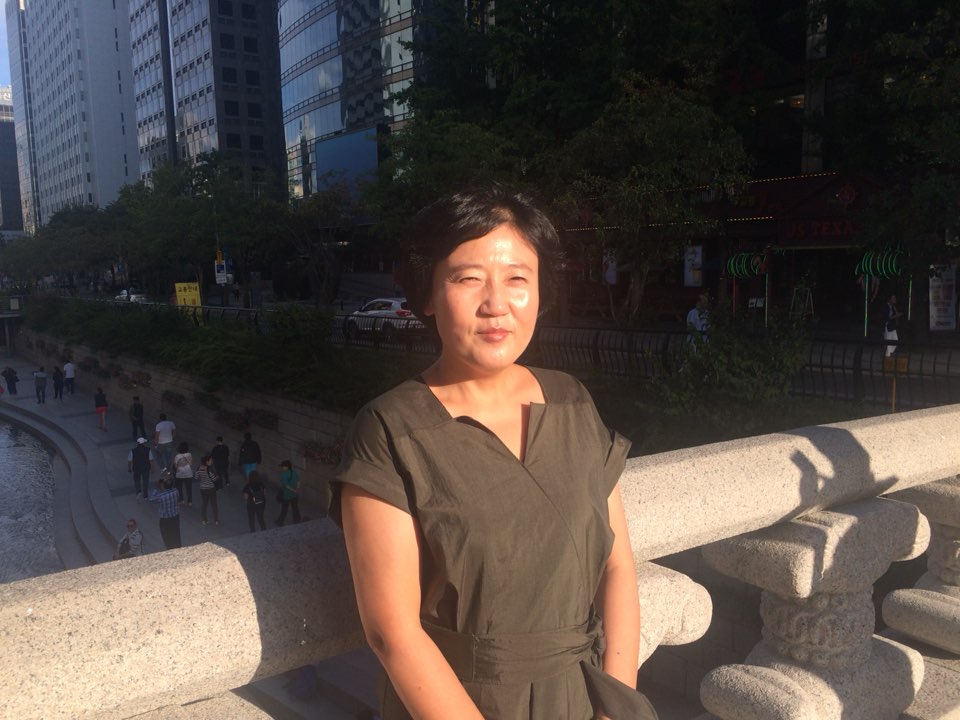
Kim Ryen Hui in Seoul. Photo owned by author
The tragedy of being separated from his family also touched Mr. Hwang In Cheol. His dad was one of the 516 abducted in North Korea over the years. Mr. Hwang told NBC (American media outlet) before the Trump-Kim Summit in June that his dad was abducted in December 1969 when his flight was hijacked by a North Korean agent and flown north across the demilitarized zone (DMZ). In the same article, the South Korean Ministry of Unification replied to Hwang’s case that it “has always tried its best to address the rights of those detained in North Korea, and the summit declaration (at Panmunjom) does address human rights issues.” Despite Mr. Hwang’s continued efforts to prod authorities to investigate his dad’s case, however, his appeal to National Human Rights Commission of Korea was dismissed in July. Mr. Hwang and others in similar situations are not even told of the news of their missing family members.
At their recent summit in North Korea, President Moon Jae-in and Chairman Kim Jong Un agreed to “strengthen humanitarian cooperation to fundamentally resolve the issue of separated families” through the Pyongyang Declaration. As Mr. Kim Gwang Ho hoped, the two leaders promised to make video chats and exchanging letters (a practice that was cut off in 2003) possible through the Red Cross.
But the agreement does not provide the answers Ms. Kim and Mr. Hwang have been waiting for. According to Kwon Oh-heon, the chairperson for the Supporting Organization for Prisoners of Conscience, an organization that has been helping people like Ms. Kim, there are eighteen more who “left their homes in the North and want to go back.” Before the summit in Pyongyang, he and the eighteen people expressed their hopes to be sent back to the North, just like 63 people were after the June 15th South and North Korea’s joint declaration in 2000.
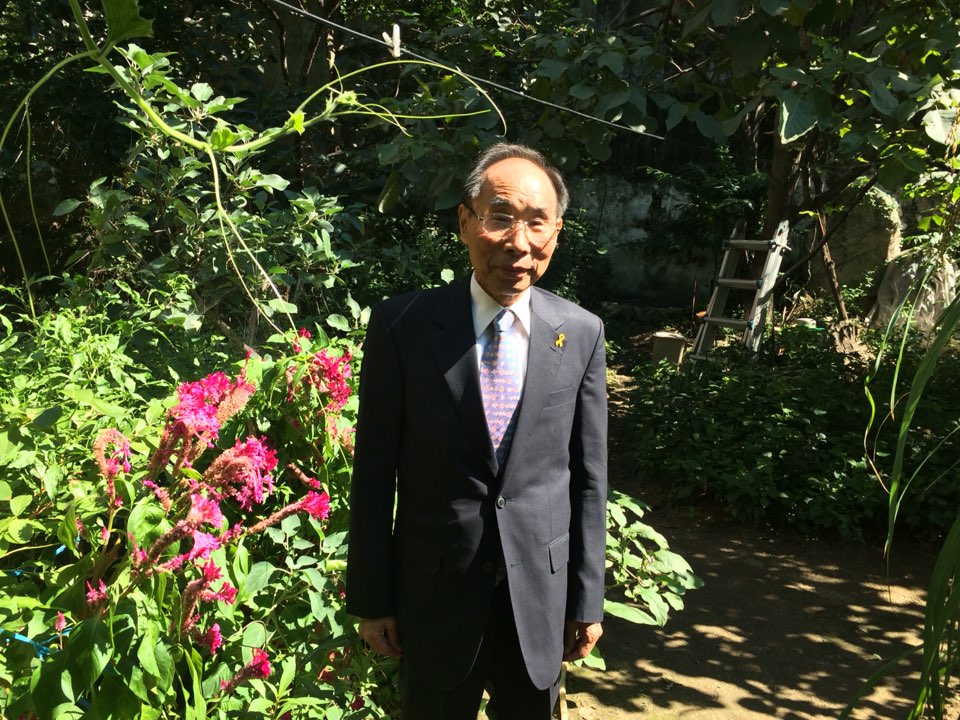
Kwon Oh-heon. Photo owned by author
President Moon, himself a son of a family displaced by the Korean War, has empathized with the cause of reconnecting separated families. This past August 20 he said, “the waiting of separated families should not be prolonged.”
But the issue faces many challenges. For instance, it receives much less attention than subjects such as denuclearization or even Chairman Kim’s possible visit to Seoul. Additionally, though according to the South Korean Ministry of Unification, as of August 2018, 132,731 separated families have been registered in South Korea since 1988, the lack of official records of separated families in the North make an already difficult situation more complicated.
The biggest challenge, however, is time. As the generation that fled the Korean War are mostly in their 80s and 90s, many have passed away without saying goodbye to their family members in the North.
In order to help the those longing to see their families on the other side of the border, a few things are required. The issue must stay in the public eye, and those involved make sure that ‘humanitarian’ means covering all forms of separation. Most of all, the issue requires the persistent efforts from the governments of both Koreas.
Credit: Cited Interviews with Mr. Kim Gwang Ho, Ms. Kim Ryen Hui and Mr. Kwon Oh-heon are approved of the use by the original interviewers and interviewees respectively.

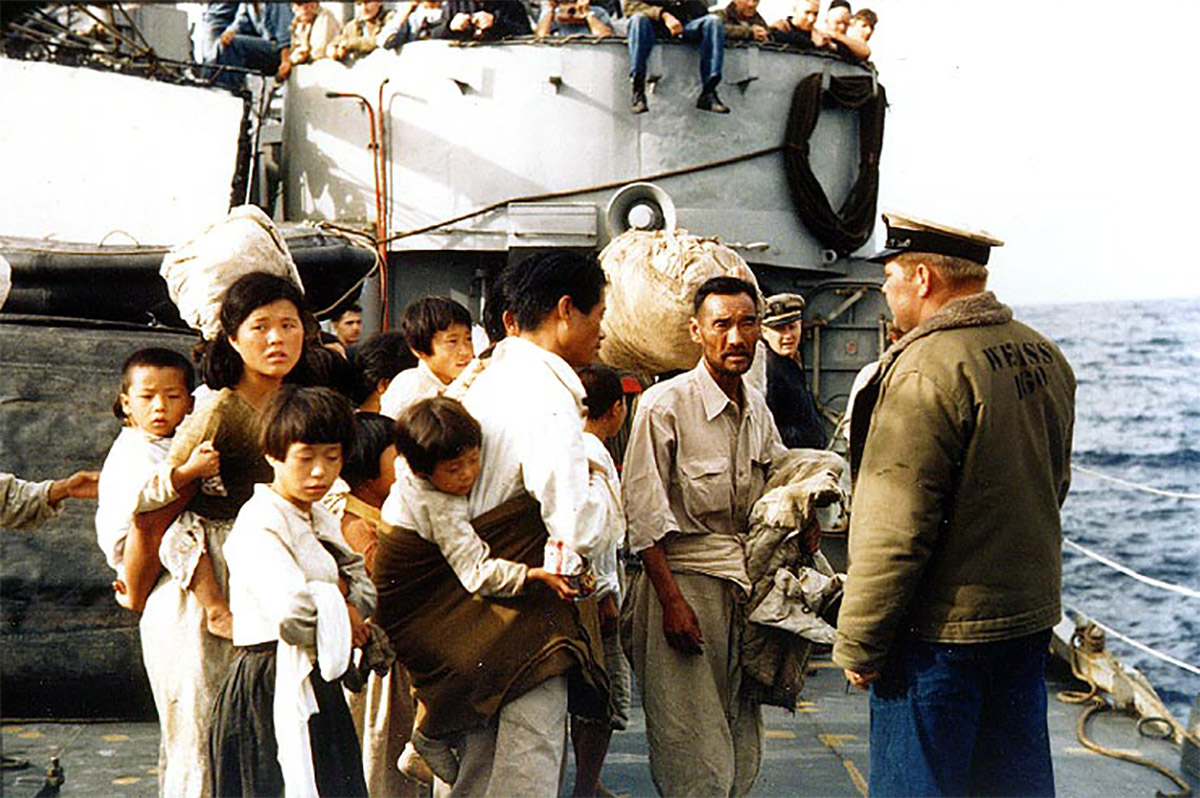
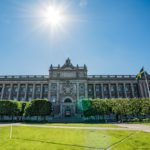
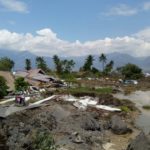
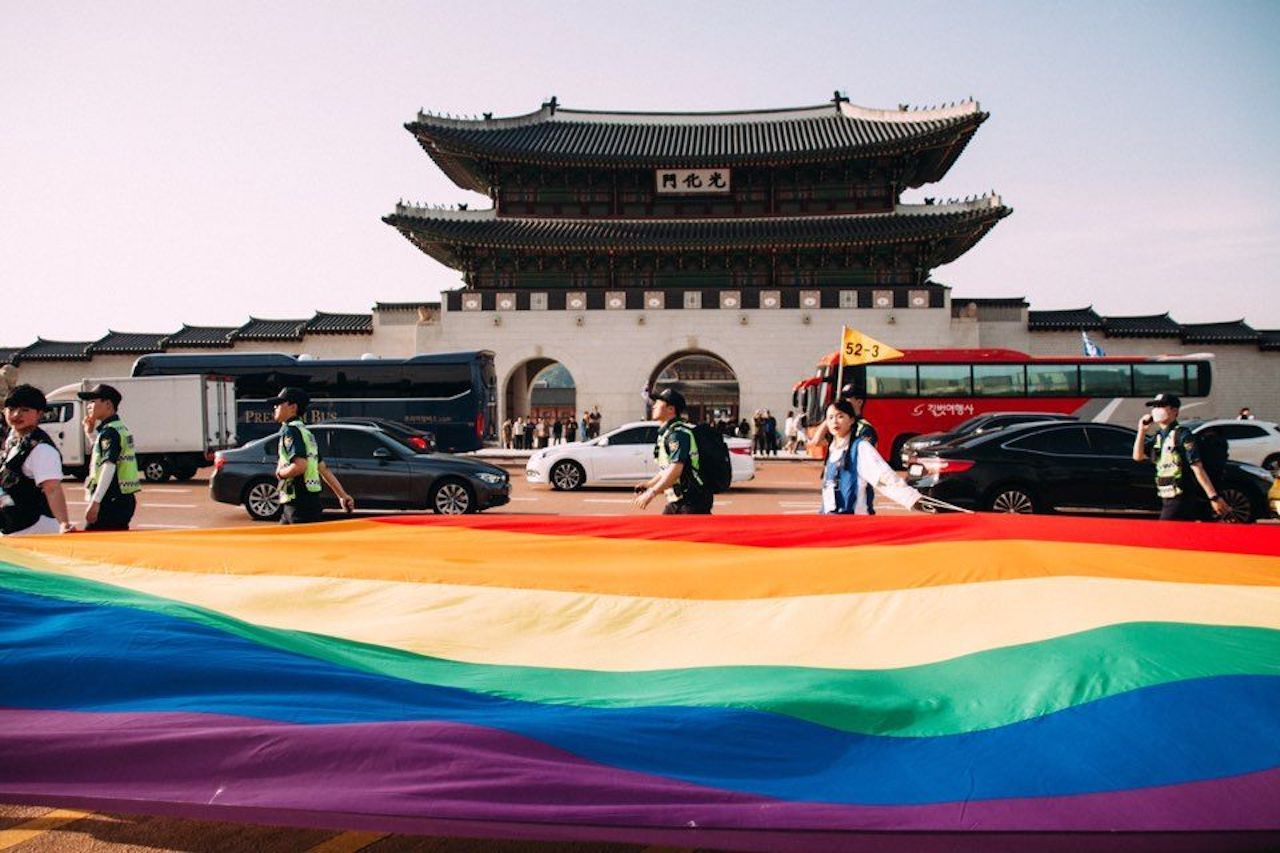
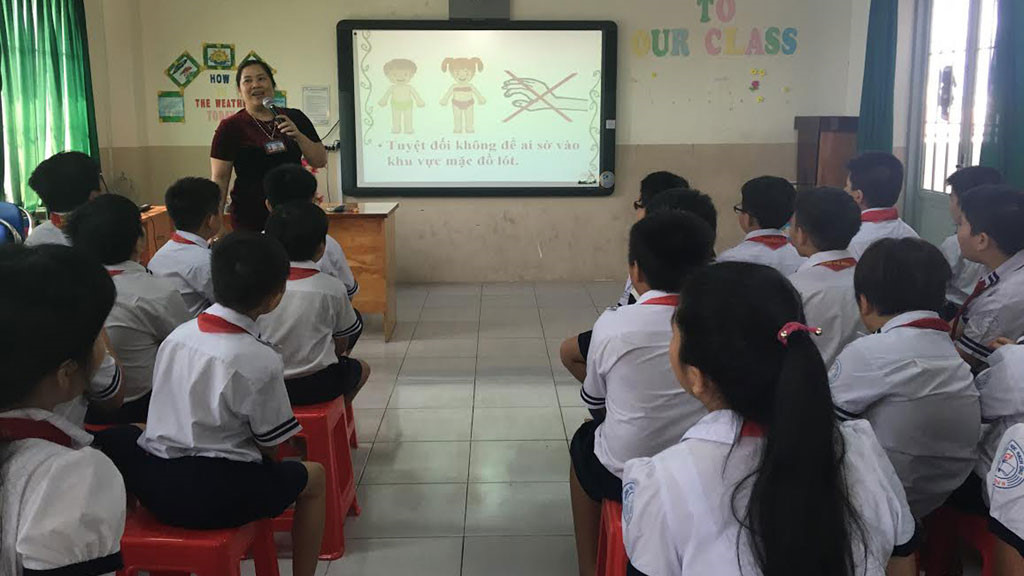
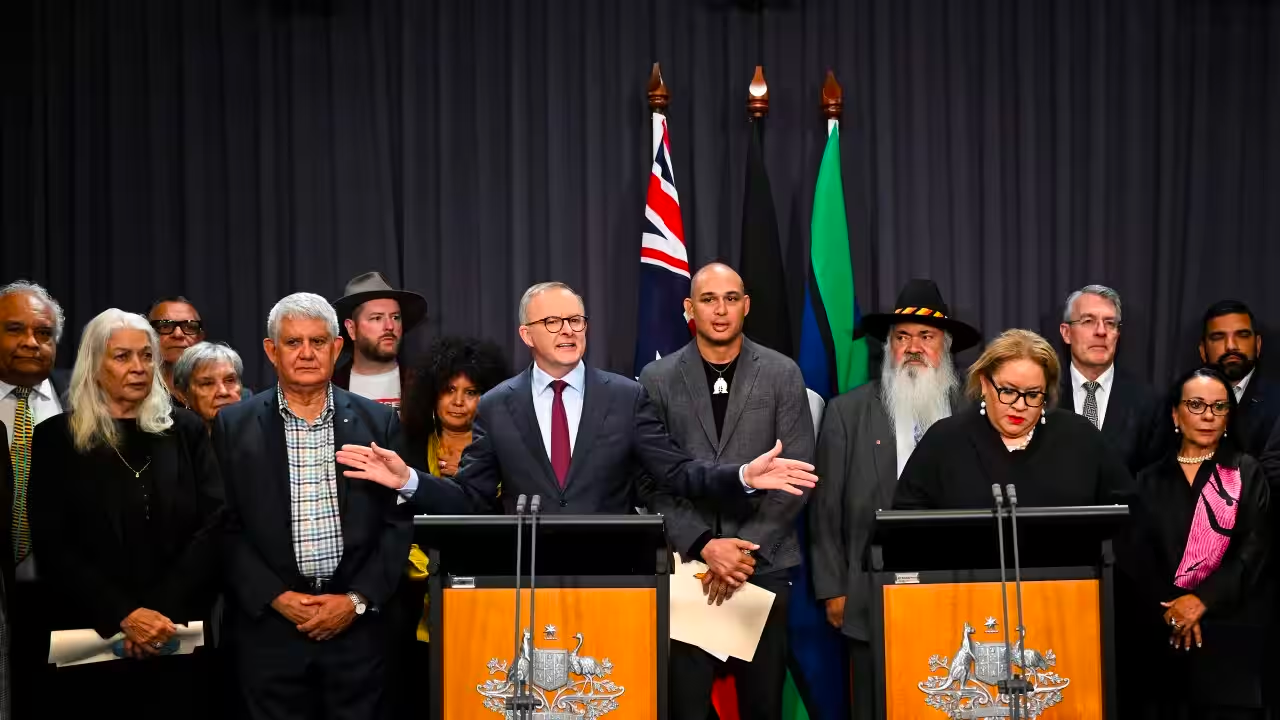
1 Comment
Tears of Separated Families – The Dream Starts Here
7 years ago[…] Tears of Separated Families […]
Comments are closed.